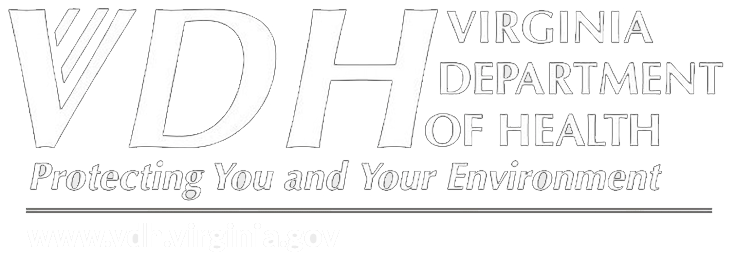Suicide is a tragic act that can often be difficult to discuss. But in recent years, conversations around mental health and wellness have increased our collective capacity to raise awareness around the historically stigmatized subject of suicide.
In a continued effort to address suicide in the Commonwealth of Virginia, many agencies are partnering to raise awareness and develop preventative programs. The COVID-19 pandemic highlighted the continued need to prioritize these efforts, particularly in youth populations. The National Suicide Prevention Lifeline has seen a rise in calls from young people, some as young as 10.
Other populations who experience increased risk factors for suicide, particularly here in Virginia, include military, first responders and the farming community, according to Christy Letsom, Suicide Prevention Gatekeeper Trainer.
“We want to normalize talking about suicide because most of us just don’t know how to talk about it. If you had a headache, we would not hesitate to offer you some sort of relief. Talking about suicide in an open-ended direct way gives us the opportunity to take some kind of action,” says Letson.
When you’re noticing that someone has been withdrawing from their usual community events, such as church or family gatherings, you may want to reach out and find out what’s going on with them and if they need some help. A relatively new nationwide campaign was created to help you do just that.
The Seize the Awkward campaign was created in partnership with the JED Foundation, the American Foundation for Suicide Prevention, and the Ad Council. It provides warning signs that a friend is struggling, conversation starters, tips for support, and resources to get help.
Says Letson, “There are a lot of different resources to help someone who is thinking about suicide, but we have to first start the conversation. One of the best things we can do – and Seize the Awkward was designed for this – is to really empower people to say something.”
That “something” is as simple as asking someone “Are you okay?” Just that simple act of reaching out can be a powerful opportunity for the person to connect, share their distress, and agree to get help.
The Seize the Awkward campaign provides simple instructions, including conversation starters, for reaching out to someone who is behaving differently than their usual selves.
One of the biggest hurdles is the fear of sounding nosey or meddlesome.
“There’s an attitude of not getting into other people’s business or being nosy. But we know now that we have to ask those questions. We have to be curious, and this is not being nosy. This could prevent someone from taking their life,” says Letsom.
The best way to keep people of all ages safe from suicide is to create competent communities or suicide-safer communities, where all of the things that build resilience and wellness contribute to our overall health, including our mental health,” says Letsom. “And anything that creates connection and communication will increase safety.”
For more information about the Seize the Awkward campaign, go to: www.seizetheawkward.org. The National Suicide Prevention Lifeline also has a wealth of information, at www.suicidepreventionlifeline.org.
